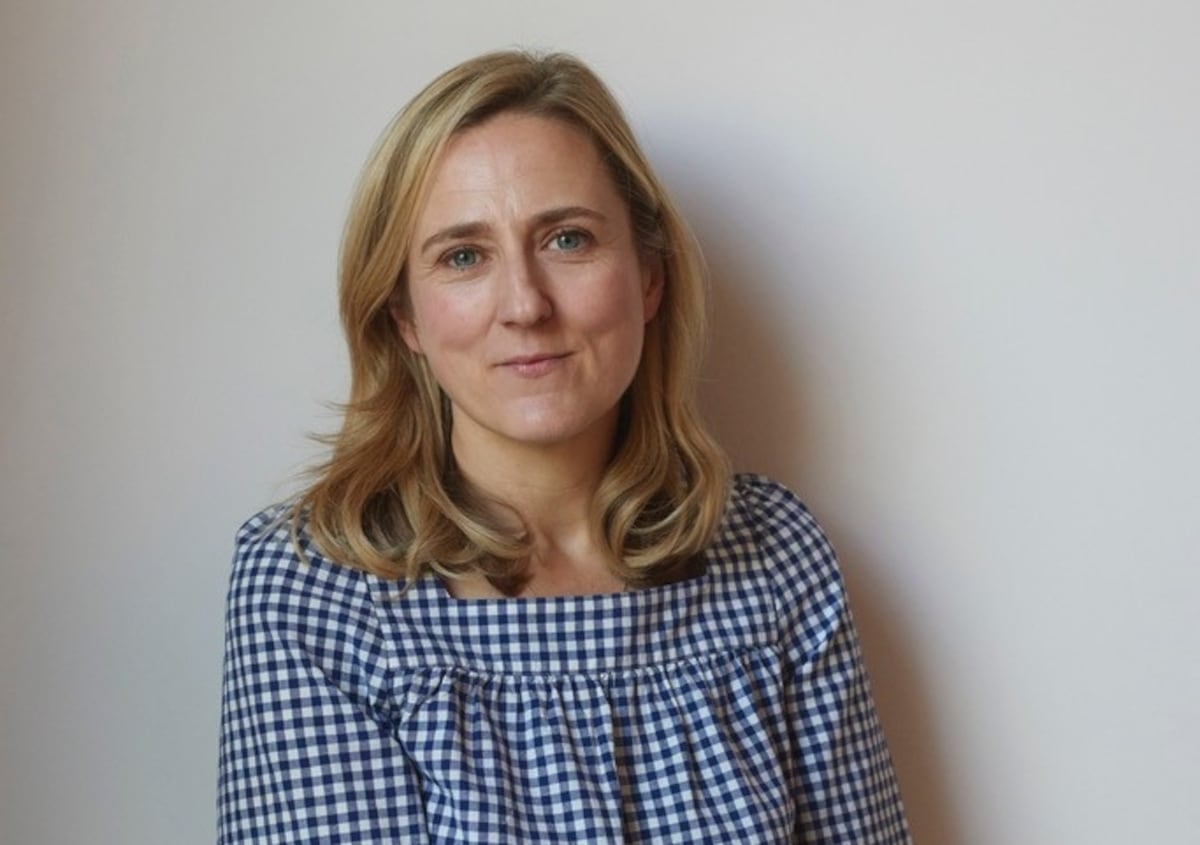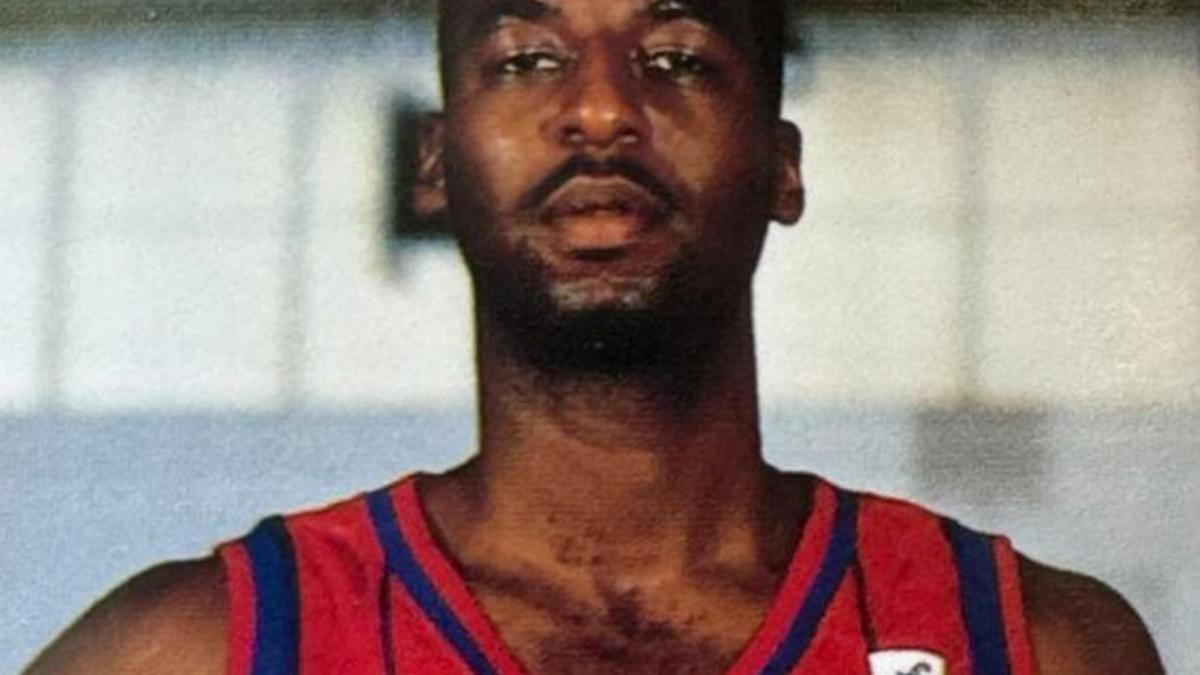In the church that the writer Susie Boyt (London, 55 years old) came across in Miami on Christmas Day in 2016 they offered “extreme sympathy and radical kindness.” Her mother had died a few months ago and she wanted to find a totally different environment where she could escape with her husband and children during the holidays. In that temple he found the germ of his seventh novel, the acclaimed loved and lostwhose translation now reaches readers in Spanish with the Muñeca Infinita imprint. “That place in Miami was full of feeling and difficulties, with mentally ill people and addicts, there the pain and danger were palpable,” the author recalled one morning at the end of September in a cafe in the Candem neighborhood in London.
More information
His novel, Celebrated as one of the books of 2021 by the Anglo-Saxon press, it contains something of that atmosphere of radical kindness of the Florida temple and, also, a unique Christmas scene. Ruth, the protagonist teacher, meets her drug-addicted daughter and her boyfriend in a park and entertains them, fearful but irreducible, with a festive picnic. The gesture is heartbreaking, comical, tender and pathetic in equal parts, demonstrating the mother’s determination not to give up everything for lost, her determination to celebrate, to fearfully maintain the bond. “I wanted to write about how we cope with what is impossible to cope with. Yes, you can lead a happy life in some aspects even if something horrible is happening to you. “Can it be that this horror doesn’t end up ruining everything else?” Boyt pointed out. Do you know the answer? “Friends and the comfort offered by what we imagine or project help. “I was once told that I write dark books with optimism,” he smiled, before adding that what interested him about this story was “the pride and shame” that Ruth is capable of feeling almost at the same time.
Elegantly dressed in sandals despite the rain and a blue herringbone coat, she projected a shyness that did not correspond to her ease when talking about the book she published three years ago. Boyt has also written theatre, is on the board of London’s Hampstead Theatre, is married to billionaire producer Tom Astor and had a weekly column in the Financial Times, where He has continued writing about art. The novelist is also the great-granddaughter of the father of psychoanalysis, Sigmund Freud, and one of the 14 children that the painter Lucian Freud had with different women, many of whom have published books. The house-museum of the famous Viennese doctor in London is located a few blocks from the cafe where Boyt goes to the appointment. She readily admits that hers is a psychological novel.
Boyt studied literature at Oxford and claimed, over a cup of tea, that these studies allowed him to understand many things off the page. “We analyzed the characters in such detail that you learn a lot about the people and their psychology,” he explained. There are several references in his book to Villette, Charlotte Brontë’s novel. “That book is set in a school, it has a long excerpt about drugs, and that cold thing about the protagonist, Lucy,” he noted.
Boyt is the youngest of the four children her mother, Suzy, had with Lucian Freud, whom she met as her student when she was a young artist. Boyt’s mother, at one point, sold her house in London and bought a ship on which she traveled with her children and a captain with whom she had fallen in love. They returned to London almost two years later, when it was impossible to repair the ship. “I was born later, I missed that great family adventure that they told me about as if it were a fairy tale. Somehow I grew up without an adventurous spirit, very close to my mother and immersed in books and dance,” she recalled. “They called us Big Suzy y Little Susie. I had enormous intimacy and even physical closeness with her, I loved brushing her hair.”
The physical proximity and love that grandmother and granddaughter profess for each other loved and lost They are as subtle as they are exciting. Little Lilly, as she grows, ends up having her own voice in the novel, while her mother only emerges in the shadows. “In the book there is the question of how to give to those who do not want to receive, and how painful it is; how this can end up pushing those who escape from us even further away,” he reflected. She also writes about the similarity between childbirth and death: “They are two things that at a given moment you know are going to happen imminently, but you don’t know exactly when, and they are two things that, in a similar way, will change your life for the future. always”.
The men are very secondary characters in this story dominated by women: Ruth, her granddaughter Lilly, her colleague Jean, the childhood friends that the grandmother still has, among whom there is a sophisticated painter who is going through a deep crisis in her marriage. “Ruth, her daughter and her granddaughter do not have a father figure, as if it were a hereditary disease that has been passed from generation to generation. I describe a feminine and caring world because I understand women better than men,” she confessed. And that world is full of silences between friends, something she says she learned as a child at school. You had to keep in mind “with whom you share your weaknesses and respect your own privacy.”
And that man who appears and disappears without explanation? “Well, it represents all those seventies ideas that they could do whatever they wanted,” Boyt responded. It is not unreasonable to think about her father, and she confirmed it between laughs: “He was incredibly jealous of his privacy, so much so that he even bothered telling a taxi driver the address he was going to.”
Boyt cared for both her father and mother when they fell ill, and says that years before she did social work helping with grief. With loved and lost She received many letters from American grandmothers who were going through the same thing as Ruth, with drug-addicted children and who were raising their grandchildren alone. Now, she feels that the characters in her novel and “their moral dilemmas” continue to haunt her, so she does not rule out returning to the history of this family of women.
Babelia
The literary news analyzed by the best critics in our weekly newsletter
Receipt


